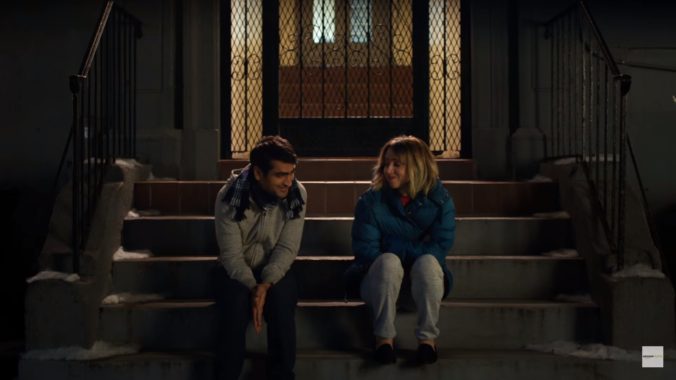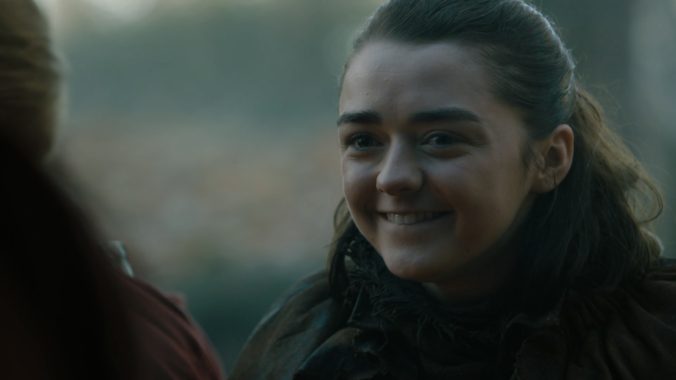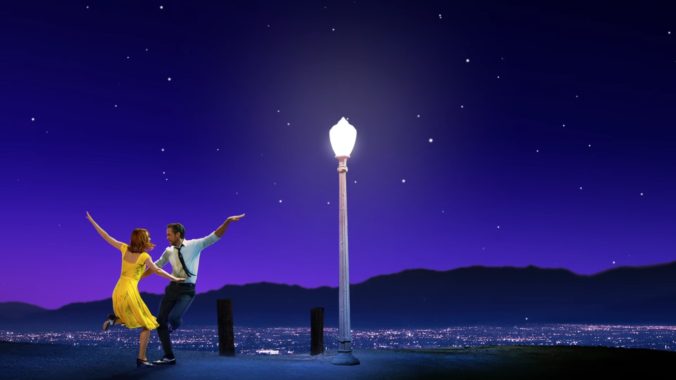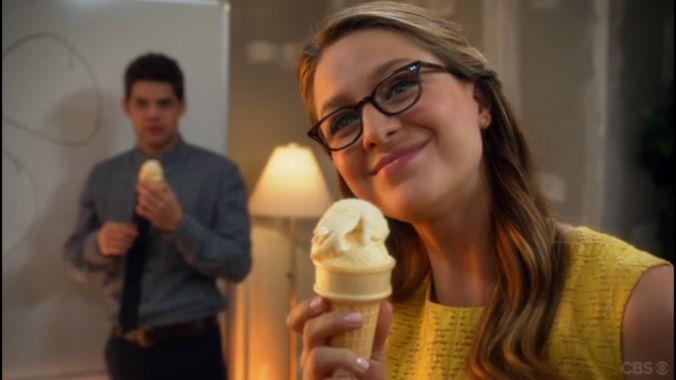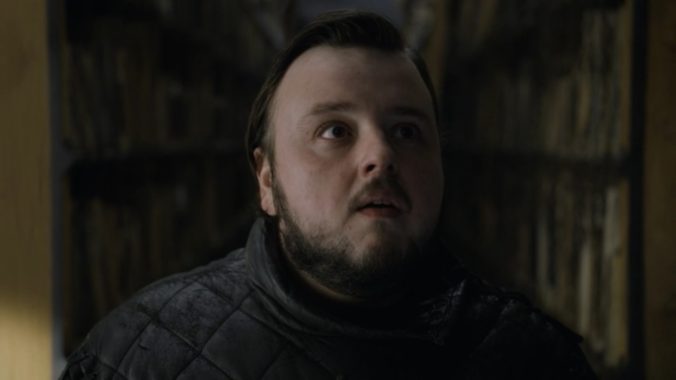Living alone can be isolating. I’ve lived in a big house with 12 people, and I’ve lived in a small room with four people. I currently live alone.
There’s something about living alone that makes me feel disconnected from the world. Alone on more than just a physical level. With less human contact and more time in my own head, the world can start to feel like it revolves around me. Empathy becomes harder. I think about questions I don’t want to be asking. It’s scary.
This is to say that, even if I can’t find anyone to go to the movies with me, it doesn’t take much for me to go anyway. I like to be among other people, to be part of a collective experience.
So last Friday, I decided to go to the movies. I hopped in the car, drove to the theater and bought a ticket to see “The Big Sick.” I went to the bathroom, walked in the theater, and … I was the only one there.
What are the odds? I went to the movie theater, and I was still alone.
However, as the film began to roll and the movie played out, something weird happened. I found myself reacting. Physically. I’m not one to react much when watching something alone, but as “The Big Sick” played out, I began to feel like I was spending time with a close friend. I found myself smiling uncontrollably, laughing out loud and tearing up. I felt connected, and I felt … not alone. For 124 minutes, everything just made sense.
The movie, if you don’t know, is about an aspiring stand-up comedian named Kumail (Kumail Nanjiani). It’s based on the true story of Nanjiani and his wife, Emily V. Gordon, who met while he was living in Chicago trying to catch a break. The script, co-written by Nanjiani and Gordon, tells the story of their tumultuous and drama-filled relationship in its early days, from courtship to coma.
I should explain. Here’s a summary of how things go in the film (MILD SPOILERS): Kumail is doing stand-up. A girl heckles him during one of his shows. That girl turns out to be Emily. They go home together. They go their separate ways. They hang out again. They tell each other they’re not going to start a relationship. They hang out again. She tells him, “No really, we’re not going to start a relationship.” And they hang out again. Before too long, they’re dating. Then, there’s a fight, the fight, and things are bad. During this period, Kumail gets a call from Emily’s roommate saying Emily is in the hospital and that someone needs to go check on her because the roommate can’t. So he goes. At the hospital, the doctor tells him, “Look, things are worse than they seem. We need to put her in a medically-induced coma.” And bam. Your eponymous “Big Sick.” Emily goes into a coma, her parents come to town to take care of her, Kumail stays by her side, and plot ensues.
I won’t spoil the movie completely – although the “true story”-ness of it does a lot of that work for me – but suffice it to say that “The Big Sick” is damn near perfect. It’s a romantic comedy, but it’s a romantic comedy in the way that Aziz Ansari’s “Master of None” is a romantic comedy. It’s funny, it’s sad, it’s heartwarming, and it’s intoxicating. Here’s an excerpt from the opening scene.
Kumail: Hi.
Emily: Hi.
Kumail: My name’s Kumail.
Emily: Yeah, we know.
Friend: We saw you perform.
Kumail: Now that the niceties are out of the way, I have to tell you that when you yelled at me, it really threw me off, and you really shouldn’t heckle comedians. It’s so rude.
Emily: I didn’t heckle you. I just “woohoo-ed” you. It’s supportive.
Kumail: Okay, that’s a common misconception. Yelling anything at a comedian is considered heckling. Heckling doesn’t have to be negative.
Emily: So if I, if I yelled out like, “You’re amazing in bed!” That’d be a heckle?
Kumail: Yeah, it would be an accurate heckle.
(friend leaves.)
Emily: You scared my friend off now.
The movie is also earnest and honest in a way that is revealing and breathtaking and deeply human. Each character seems to be constantly struggling to figure out how to function in a world where the thing they love most can be taken away from them at any moment. Ray Romano, in particular, is a revelation in this movie. He plays Emily’s father, a man struggling to keep his marriage, family and psyche intact as his whole world seems to be crumbling around him. Holly Hunter, who plays Emily’s mom, is also fantastic, but Romano legitimately deserves an Academy Award nomination for his work in “The Big Sick.”
The lengths to which Nanjiani and Gordon go to describe the details of their actual lives are also quite unbelievable. It’s specific, and it’s raw, and it’s emotional, but their willingness to go there in the script really gives the movie an extra bit of oomph that struck a chord with me deep down.
The movie also manages to play brilliantly on the difficulties and complexities of a cross-cultural relationship between a Pakistani-American with devoutly Muslim parents and a seemingly suburban-raised white woman.
Oh, and also, it’s really freaking funny. Did I mention I was laughing in an empty theater like an idiot the whole time?
Above all, though, it’s not the story or the jokes that will stick with me the most. What makes “The Big Sick” memorable – and transcendent – are the ways it portrays human connection. There’s the night Romano’s character crashes at Kumail’s apartment. There’s the scene where Hunter’s character and Kumail share a few drunken slices of pizza. There’s the stand-up set that Kumail performs during a low point in Emily’s hospital stay. It’s those moments of humanity, simple and delicate, that punched me in the gut the hardest.
During one scene, Kumail is sitting bedside next to Emily in the hospital. She’s in a coma, but he’s talking to her. He starts talking about what it would mean if she has to “go,” if she doesn’t wake up. He says something about not wanting her to leave, but that if she has to, he understands. It’s a beautiful moment and a tear-jerking one, and it’s a perfect example of the way “The Big Sick” is able to wrap heartbreak, fear, hope and love all up into powerful, individual moments.
To me, the movie shows that love, that most amorphous form of human connection, is what makes the world make sense. It shows that love – messy and beautiful and inexplicable – is sometimes all we have keeping the world from breaking apart into billions of little pieces.
For me, it was the perfect movie at the perfect time. It reminded me what life is all about. It made me feel love. It made me feel understood. It made me feel like I was a part of something, something much bigger and more beautiful than I could possibly fathom.
For me, “The Big Sick” felt a hell of a lot more like The Big Cure.
